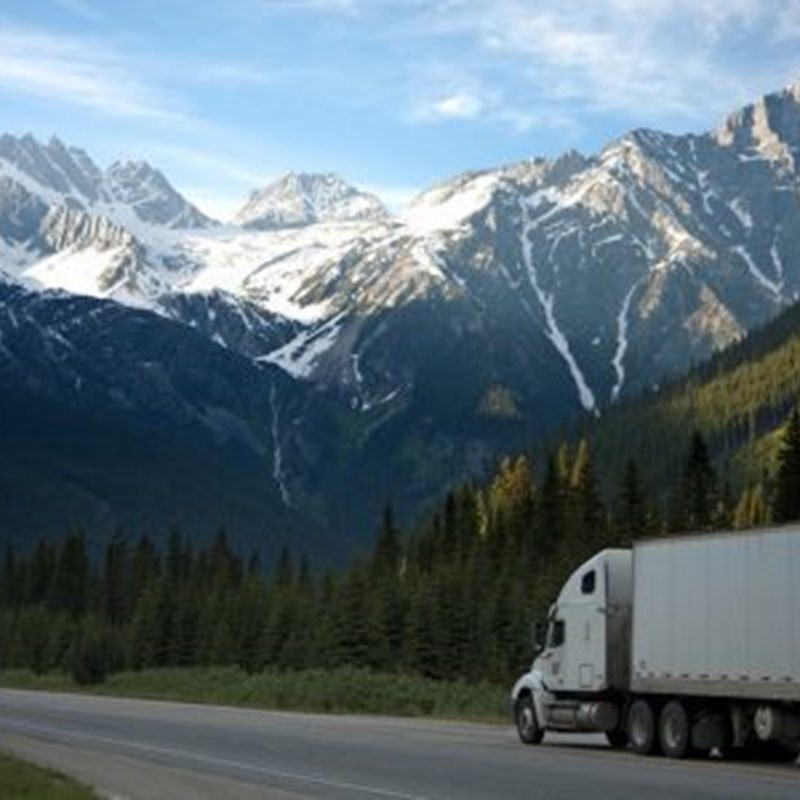
From asset management to driver safety, increasing security to reducing carbon emissions, investing in connected logistics solutions is an extremely smart move for businesses.
When factories are fully digitalised, shops are utilising technology to keep track of stock and optimise customer experience, and products and devices are connected, it makes perfect sense to complete the loop by incorporating connected technology into the whole supply chain.
In 2018 we’ve already seen high-profile logistics issues at KFC and now the splendid weather may lead us to a crisp shortage. Arguably, these were not caused by a lack of technology but they do highlight vulnerabilities that exist in the supply chain.
The idea of supply chain management has been around for a long time – but connected technology and Industry 4.0 has optimised the process considerably. Keeping track of every aspect of your supply chain has become affordable for SMEs, and it’s now possible to implement it on a global scale, with increased speed, accuracy, and visibility.
A complex ecosystem of technologies makes up a connected logistics solution – including connected vehicle tracking, location and condition (temperature, shock, humidity, gas), remote monitoring, predictive vehicle maintenance, machine learning, and intelligent data analysis – both at the edge and in the cloud.
Visibility of the entire logistics chain gives enterprises the overall vision they need to understand strengths and identify weak points, and to take action quickly and easily.
At Arkessa, we have delivered a number of supply chain projects with our partners including:
These were across a range of sectors including fast moving consumer goods (FMCG), Food & Drink, Electronics and Computer Equipment and Pharma.
Tracking goods throughout their entire lifecycle reduces asset loss, and enables suppliers to predict when something might go wrong, remedying problems or breakdowns before they affect the customer.
Reliable connectivity is an essential part of logistics management – and accessing a global connectivity solution is a key decision in ensuring that fleet management, product tracking, and data analysis continue to be successful anywhere in the world. Smart solutions incorporating technology such as global cellular roaming and eUICC (reprogrammable SIM) provide flexibility and global scalability to enterprises, enabling them to collect data and track assets across the globe.
It’s not just about collecting data in more intelligent ways than ever before, or keeping an eye on the location of assets and delivery vehicles, however. True success lies in how enterprises choose to use the data collected by integrated connected technology to make truly informed decisions. Visibility and vision of each and every step of the logistics process, along with technologies such as on-the-edge AI, can be used to analyse real-time data and make smarter, more informed decisions.
Connected logistics solutions mean smarter decisions, fewer losses, less waste, lower carbon emissions, and ultimately a more streamlined supply chain and healthier bottom line. In short, enterprises simply can’t afford to miss out.
Next on the Arkessa blog …
Smart Retail – focusing on XaaS in the retail sector.